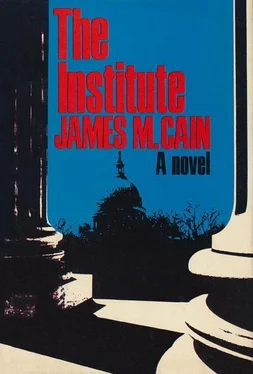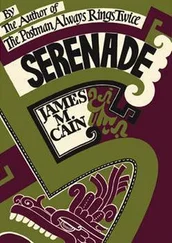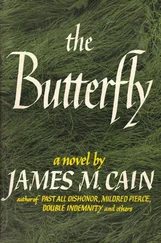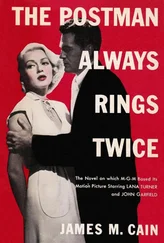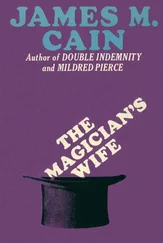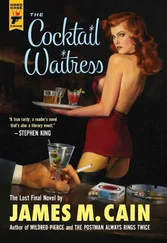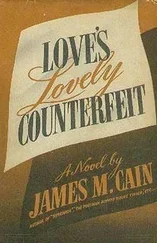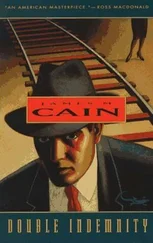That doesn’t sound like much of a time bomb, but it caused me more trouble than any other thing that happened that day. I had intentionally not mentioned Shakespeare, because that’s one thing you learn: Lay off him. Don’t bring up the subject unless, for some reason like teaching a poetry class, you have to. Because you’re just opening a can of worms. There’s an expert on every block who knows more about it than God, all ready to show you up, and no matter how sharp your research is or how silly the previous research, you’ll get a drumming out of town that will make the Lion and the Unicorn sound like a moment of silence.
I ignored Teddy, but Mr. Garrett called her name. When she answered, he said it this time: “Shut up.”
“Yes sir.”
“Who was the Dark Woman?” another reporter asked.
“For that,” I told him, “send three dollars and fifty cents, plus postage, to the Lord Baltimore Press and ask them to send you Shakespeare and the Sonnets, A New Look at an Old Subject, by Lloyd Palmer.
“Who’s the outstanding American biographer?” asked one of the women reporters, at last bringing the discussion back to the reason for our being there. And on that, I decided to talk.
“The list is so long,” I told her, “you’d be helpless to pick out one name. For my money, James Parton’s Life of Andrew Jackson has had a greater effect on biographical writing than anything else I know of. He got away from the literary style of Prescott, Parkman, Sparks, and the other early writers and introduced the simple, easy, intimate, colloquial way of writing that later writers followed, such as H. H. Bancroft, Sandburg, Leech, Tuchman, The New Yorker “Profile” writers, and a host of others. You have to remember, when you’re talking about American biographers, that the roster runs into the thousands. Then there are the wholesale biographers — Sparks with his Library of American Biography; Bancroft, with his Chronicles of Builders; Marquis with his Who’s Who in America, and Sammons and Martindell who followed Marquis as publishers; and very importantly, Adolph Ochs, of the New York Times, who bore the expense of the Dictionary of American Biography, that prodigious trove of biographical information in twenty volumes. We should also honor Dumas Malone, the Jefferson scholar and dean of our biographers. But let us never overlook the first American biographer, Mason Lock Weems, whose preposterous Life of George Washington, the one with the cherry tree in it, went through seventy-one editions and is kept in print by the Belknap Press of Harvard University.”
“He can talk all night if you have all night,” Garrett said. “Personally, I’ve heard enough. Are we finished? Is there anything else you want to know?”
There didn’t seem to be, so he signaled to the girls who began serving refreshments and cocktails. Then he called: “Come on, Teddy, we have to be running along.”
“I want something to eat.”
The girl with the tray of canapes wrapped some in a paper napkin and tucked them in Teddy’s bag. But she still wouldn’t go. She was rubbing her thumb with her finger at me, meaning pay me. Garrett said: “I’ll take care of her, Lloyd.” Then he smacked her on the patches, saying: “Get going!”
At last the nightmare of an afternoon came to an end and I was left alone with my pamphlets and a boy the head bellhop had lent me, who helped gather the stuff together, pack it into the suitcases, and carry it to the car. I drove to the Royal Arms where Irene gave me dinner, and then on home. I went in the front way to pick up any messages, but there hadn’t been any. Then, when I opened the apartment door I caught the smell of perfume. I set the suitcases down, closed the door, and went to the living room. There in the dark, on one of the sofas, was Hortense, her eyes black and big as saucers.
“Well!” I said. “Hello. Didn’t expect you so soon.”
She jumped up, raced to the door, yanked it open, and peered out into the hall. “Where is she?” she snarled.
“Where is who?”
“That girl. That floozy.”
“If you mean Teddy, your husband took her home — or at least, I hope he did. That’s what he said he was going to do. She’s a sweet girl who wants to get laid.”
“And you laid her, didn’t you?”
“So happens, I didn’t.”
“You expect me to believe that?”
“Yes, I do, and I’ll prove it.”
“You mean you’ll make her tell me, and that will—”
“No, that’s not what I mean.”
I took hold of her, lifted her, and carried her into the bedroom. When I had dumped her on the bed, I started taking her clothes off. Her dress, the one she’d had on at the hotel, was no problem, but the pantyhose were. She kept fighting me off when I tried to peel them down. I’d spank her on the tail and in between make a grab for the pantyhose, and at last I had them off. Then I raped her, if you can call it that when you get full cooperation. When it was over I said: “Okay, that proves it, I think. Even a studhorse has only one of them in him per day. If Teddy had got it, I couldn’t have given it to you.”
She didn’t answer. Then, after a moment, she asked: “Lloyd, what do we do now? That crazy girl spilled it.”
“You spilled it, Hortense.”
“I was furious. I could smell her on your clothes.”
“And what you spilled can’t be poured back in the bottle. As you’ve said so often, ‘He may be many things, but he’s not dumb.’ ”
“What did he say after I left?”
“He said, We’d better be getting ready’ ”
“That was all?”
“Yeah, that was all.”
We talked about it awhile, then the phone rang. It was Mr. Garrett. After asking if anything had happened after he left that he should know about and after I had said no, he said: “Lloyd, I finally persuaded Teddy that if you had a blonde reason for making her wait downstairs, that reason wasn’t my wife. So that source of gossip is under control — or so I hope. But what I don’t understand is why you brought her in the first place. My wife, I assume, is no vainer than the next woman. Just the same, women hate it when other women muscle in on their act, whether romance is involved or not, especially pretty ones like Teddy who do handstands for the cameras. Didn’t you have any more sense?”
“Sir, I never gave it a thought, I wasn’t guilty of anything with her, and since romance wasn’t involved—”
“You mean with my wife?”
“Yes, of course that’s what I mean.”
He harangued me for another minute or two — about Hortense, about women in general, about using good judgment — but all I could think of was that at last I had lied to him — head on, direct. It always seemed that I couldn’t have any more reason for feeling like a rat, but then it turned out that I could. He switched back to Teddy. “All I can say is, I envy you your willpower, giving her a brush — if you actually did. If it had been me, I’ll freely admit, I would have been tempted.”
“I was tempted.”
“What a sweet kid.”
“Yes, Mr. Garrett, she’s all of that.”
I had no sooner hung up than a wallop hit my cheek, and the hot venom poured in my ear. “So! ‘I was tempted’ ! Then take that! And that! And that!”
The wallops kept coming, but I had had enough. I whipped the cover off and let her have it on her bare bottom. Of course she screamed bloody murder. The next morning she was snoozing away in my arms when all of a sudden, she woke up and, leaning on one elbow, said: “Lloyd, when was my last period?”
“I haven’t been keeping track.”
Читать дальше
